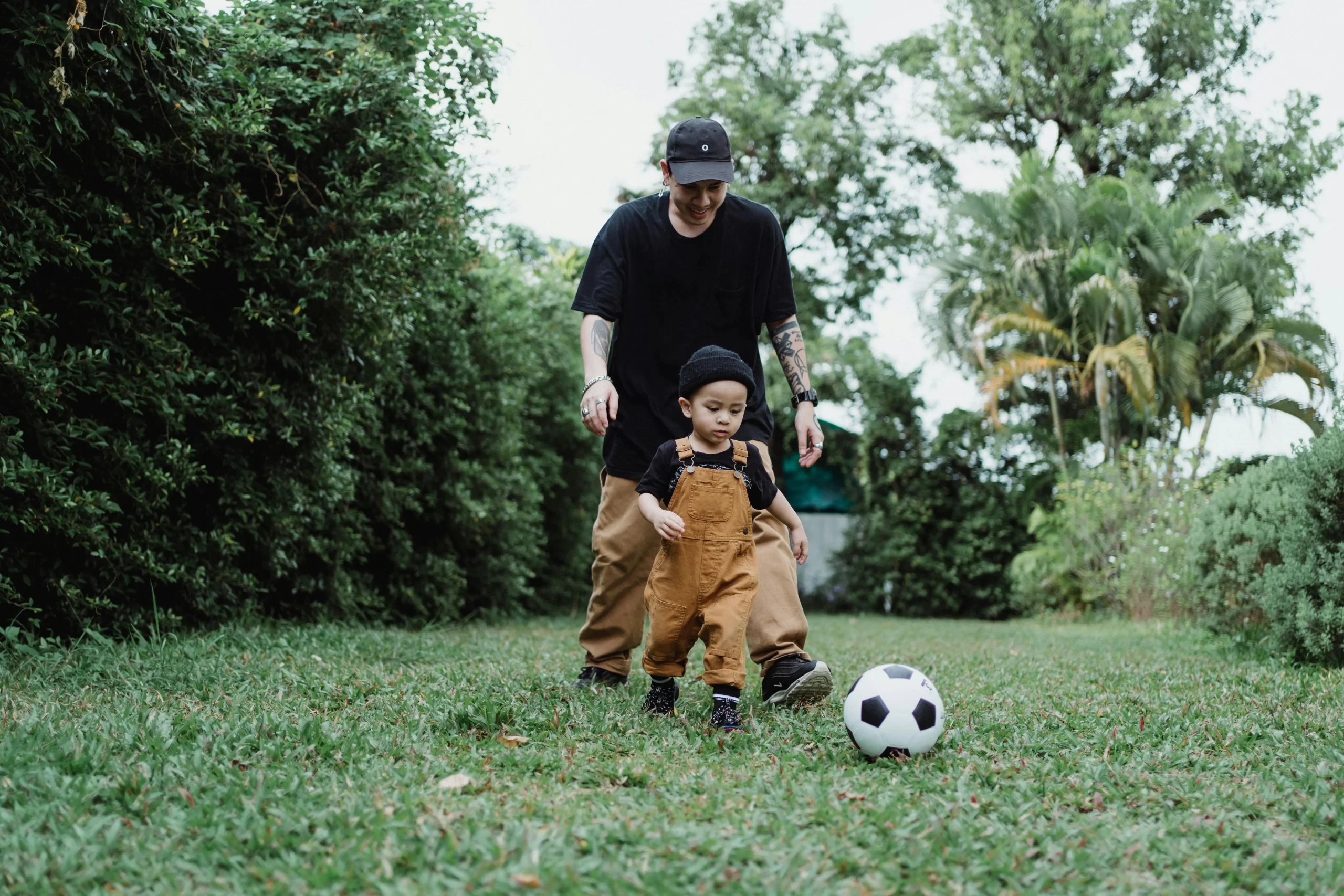How To Manage The Stress Of Sports Travel Logistics
As a parent of an athlete, you know that traveling for competitions can be both exciting and overwhelming. The thrill of watching your child compete is often overshadowed by the stress of logistics—planning, packing, and coordinating with other families can feel like a daunting task. However, with a little preparation and organization, you can turn travel chaos into a smooth experience. In this blog post, I’ll share practical tips and a comprehensive checklist to help you manage travel logistics effectively, ensuring that you and your athlete can focus on what truly matters: the competition.
1. Start Planning Early
The first step to reducing stress is to start planning early. As soon as you receive the competition schedule, mark the dates on your calendar. This will give you a clear timeline to work with. Here are some key aspects to consider:
- Research the Venue: Familiarize yourself with the competition location. Look up directions, parking options, and nearby amenities. Knowing what to expect can ease anxiety.
- Book Accommodations: If the competition requires an overnight stay, book your accommodations as soon as possible. Look for hotels that offer discounts for teams or groups. Consider proximity to the venue to save time on the day of the event.
2. Create a Comprehensive Checklist
A well-thought-out checklist can be a lifesaver. It ensures you don’t forget any essentials and helps you stay organized. Here’s a breakdown of what to include:
- Packing List for Your Athlete:
- Uniforms and gear
- Training shoes and competition shoes
- Warm-up attire
- Personal items (toiletries, medications)
- Snacks and hydration supplies
- Any required equipment (e.g., bat, racket)
- Travel Essentials for the Family:
- Identification and tickets
- Chargers for devices
- First-aid kit
- Comfortable clothing and shoes for travel
- Entertainment options for the journey (books, games)
- Vehicle Preparation:
- Check your vehicle’s oil, tires, and fuel levels
- Make sure you have a spare tire and emergency kit
- Plan your route and check for any road closures or detours
3. Coordinate with Other Families
Carpooling with other families can significantly reduce stress and costs. Here’s how to effectively coordinate:
- Create a Group Chat: Use messaging apps to keep everyone informed. This allows for easy communication regarding travel plans, accommodations, and schedules.
- Share Responsibilities: Discuss who will drive, who will bring snacks, and who will handle accommodations. This not only lightens the load but also fosters camaraderie among families.
- Plan Meet-Up Points: Establish where and when to meet before the competition. Having a designated spot can prevent confusion and ensure everyone arrives on time.
4. Stay Flexible and Prepare for the Unexpected
Despite your best efforts, travel can sometimes go awry. Here’s how to adapt:
- Allow Extra Time: Always plan to arrive earlier than necessary. This gives you a buffer for unexpected delays, such as traffic or last-minute issues.
- Have a Backup Plan: In case of unforeseen circumstances, have alternative routes or accommodations in mind. This could include knowing nearby hotels if your original plan falls through.
- Stay Calm and Positive: Your attitude sets the tone for your athlete. If things don’t go as planned, remain calm and encourage your child to focus on their performance.
5. Focus on Nutrition and Hydration
Traveling can disrupt your athlete’s eating schedule. Here’s how to keep them fueled and hydrated:
- Pack Healthy Snacks: Bring along nutritious snacks like fruits, nuts, and granola bars. Avoid sugary snacks that can lead to energy crashes.
- Hydrate Regularly: Remind your athlete to drink water throughout the journey. Staying hydrated is crucial for optimal performance.
- Plan Meals Ahead: If you’re traveling for an extended period, research restaurants near your accommodations that offer healthy options. This will help you avoid last-minute unhealthy choices.
6. Create a Pre-Competition Routine
Establishing a routine can help your athlete feel more prepared and less anxious. Here’s how to create one:
- Discuss the Plan: Talk about the schedule for the day of the competition, including wake-up time, meals, and warm-up.
- Set Goals: Encourage your athlete to set personal goals for the competition, focusing on what they can control rather than the outcome.
- Practice Relaxation Techniques: Teach your athlete breathing exercises or visualization techniques to help manage anxiety.
Conclusion: Make Travel Smooth and Enjoyable
Traveling for competitions doesn’t have to be a source of stress. By planning early, creating a detailed checklist, coordinating with other families.




